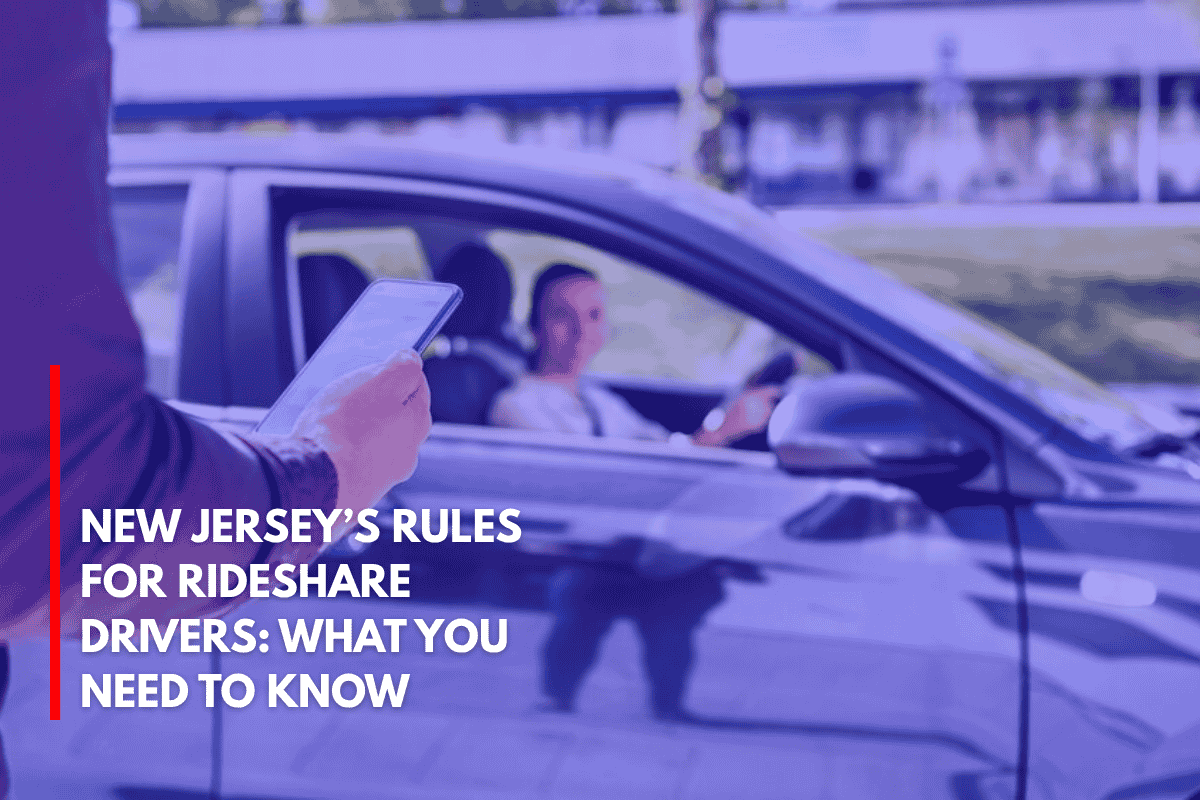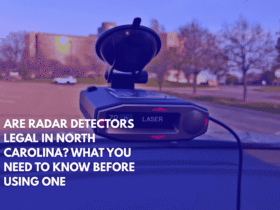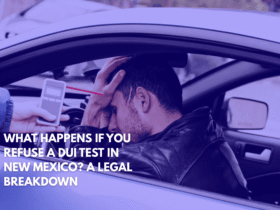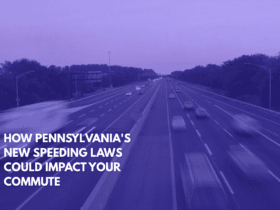New Jersey has established a comprehensive framework to regulate rideshare services such as Uber and Lyft, focusing on safety, insurance, and non-discrimination. Understanding these rules is essential for anyone considering driving for a rideshare company in the state.
Driver Eligibility and Background Checks
To become a rideshare driver in New Jersey, you must be at least 21 years old (as per some sources, though Uber and Lyft may require drivers to be 25 in certain cities, so always check the latest platform requirements).
You must hold a valid driver’s license, which can be from New Jersey or another state, including temporary licenses. All prospective drivers are required to undergo extensive background checks, including criminal history and driving record reviews.
Drivers with convictions for serious offenses such as DUI, possession of controlled substances, sexual assault, or homicide are disqualified. Additionally, having three or more moving violations on your record will also disqualify you from driving for rideshare companies.
Vehicle Requirements
Your vehicle must meet specific criteria to be eligible for rideshare services. Generally, vehicles must be model year 2009 or newer, have four doors, and accommodate between five and eight passengers (including the driver).
The vehicle must pass New Jersey’s motor vehicle inspection requirements, and you must provide proof of valid registration and insurance. Rideshare companies may have additional requirements or restrictions, such as prohibiting taxis or livery vehicles from being used for rideshare purposes.
Insurance Requirements
New Jersey law mandates that rideshare drivers maintain specific insurance coverage that exceeds standard personal auto policies. The required coverage depends on your status within the rideshare app:
App On, Waiting for a Ride: You must have at least $50,000 in liability coverage for bodily injury or death per person, $100,000 per accident, and $25,000 for property damage.
Ride Accepted or Passenger in Vehicle: Coverage must increase to at least $1.5 million in liability and $1.5 million in uninsured/underinsured motorist coverage per accident.
Rideshare companies are responsible for providing this higher coverage when you are actively engaged in a ride, but you must maintain your own insurance when you are logged into the app but not on a trip.
Documentation and Placards
Drivers are required to submit proof of a valid driver’s license, vehicle registration, and insurance to the rideshare company.
While in driver mode, you must display the official Uber or Lyft emblem in the lower corner of your front and rear windshields (passenger side) and a New Jersey-specific placard with your driver and vehicle information and a QR code on the rear passenger window. Passengers can scan the QR code to confirm they are entering the correct vehicle.
Non-Discrimination and Passenger Rights
Rideshare companies must adopt and enforce non-discrimination policies, ensuring that passengers are not denied service based on race, color, national origin, religious affiliation, sex, disability, age, sexual orientation, gender identity, or destination. Passengers are also entitled to know how fares are calculated and to have access to accessible vehicles if needed.
Additional Requirements
Rideshare companies must register with the state and pay a $25,000 fee. They are also required to keep records of every driver’s ride history for five years and provide these records to the state upon request if a complaint is filed.
If you are arrested, charged, or convicted of certain crimes while driving for a rideshare company, you must notify the company as soon as possible.
Summary Table
| Requirement | Details |
|---|---|
| Minimum Age | 21 (sometimes 25, check platform) |
| Driver’s License | Valid, unexpired (NJ, out-of-state, or temporary accepted) |
| Background Check | Criminal and driving record required |
| Vehicle | 2009 or newer, 4 doors, 5–8 seats, NJ inspection, valid registration |
| Insurance | $50K/$100K/$25K (app on), $1.5M/$1.5M (ride accepted/passenger in car) |
| Documentation | Proof of license, registration, insurance |
| Placards | Rideshare emblem and NJ placard with QR code |
| Non-Discrimination | Required for all rideshare companies |
| Reporting | Notify company of arrests/convictions for certain offenses |
New Jersey’s rideshare regulations are designed to protect both drivers and passengers. By requiring thorough background checks, strict insurance standards, and clear non-discrimination policies, the state aims to ensure safety and fairness for everyone involved.
If you plan to drive for Uber or Lyft in New Jersey, make sure you meet all eligibility requirements, maintain proper documentation, and understand your insurance obligations.
Sources:
- https://lyft.com/driver/cities/newark-nj/driver-application-requirements
- https://www.brclegal.com/rideshare/new-jersey-rideshare-laws/
- https://www.grungolaw.com/blog/ridesharing-service-regulations/
- https://courtlaw.com/blog/the-legal-landscape-recent-changes-in-new-jersey-laws-affecting-uber-and-lyft/











Leave a Reply